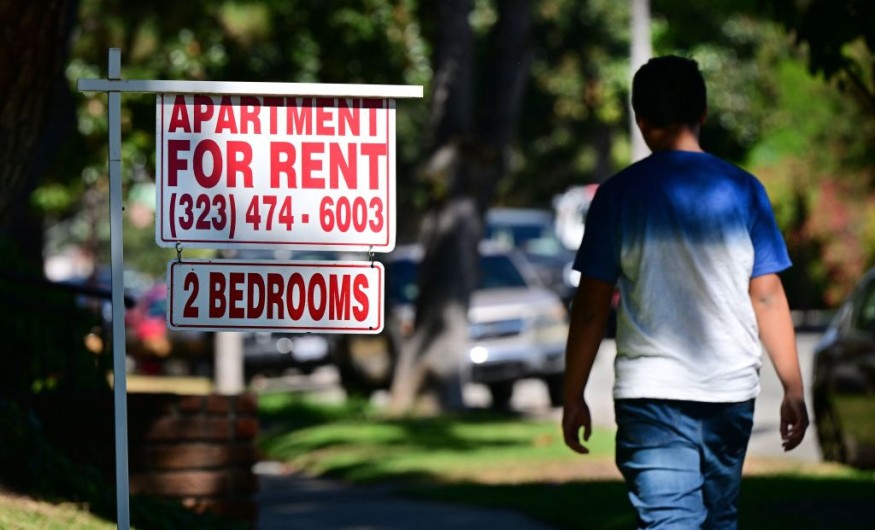
President Joe Biden on Tuesday unveiled a proposal that aims to cap rent hikes by penalizing landlords who raise rents by more than 5% yearly.
The plan aims to limit annual rent increases at 5% for landlords owning more than 50 apartments across their portfolio, which covers more than 20 million rental units in the United States. Landlords who fail to abide by the rent cap would lose out on accelerated depreciation---a lucrative tax benefit that permits owners to reduce taxable income of an asset at a faster pace than usual.
"Some corporate landlords have taken advantage of the shortage of available units by raising rents by more than increases in their own costs-resulting in huge profits at a time when millions of Americans are struggling to cover rent each month," the proposal's fact sheet read.
"President Biden is calling on Congress to pass legislation presenting corporate landlords with a basic choice: either cap rent increases on existing units to no more than 5% or lose valuable federal tax breaks."
The proposed cap would not apply to new construction or substantial rehabilitation or renovation projects. It would also only last two years while more housing units are being built. The proposal is still subject to congressional approval.
Other Proposals for Housing
In addition to capping rent hikes, the Biden administration announced two other efforts aimed at helping Americans navigate high housing costs. First, several federal agencies, including the Bureau of Land Management, said they would assess whether to use federally owned surplus land to build affordable homes. The US Postal Service also said it may repurpose some of its unused properties for housing.
Furthermore, Housing and Urban Development Acting Secretary, Adrianne Todman, announced $325 million in grant funding to seven cities to build over 6,500 "new deeply-affordable homes, spur economic development, and revitalize neighborhoods in communities across the country."
The proposal comes as many households struggle to afford rent, with as many as 20% of renters saying they needed to downsize or relocate due to the burden of housing costs in the first quarter of 2024. In that period, national rent prices rose 0.2% year-over-year, making it 26% higher than median rents recorded before the COVID-19 pandemic.
© 2026 Realty Today All rights reserved. Do not reproduce without permission.



